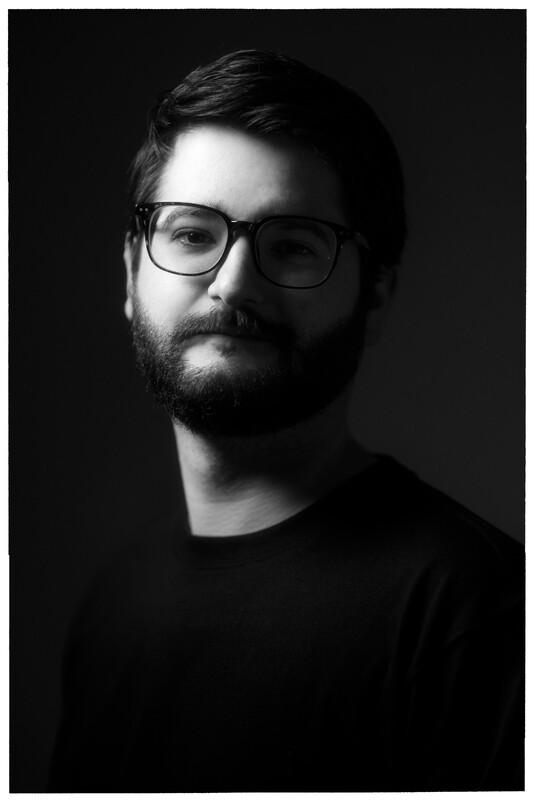We caught up with the brilliant and insightful Dylan Cole Black a few weeks ago and have shared our conversation below.
Dylan Cole, looking forward to hearing all of your stories today. How did you learn to do what you do? Knowing what you know now, what could you have done to speed up your learning process? What skills do you think were most essential? What obstacles stood in the way of learning more?
I learned to do what I do through trial and error. I didn’t go to film school, I didn’t study screenwriting, I didn’t take classes on cinematography. I knew from a young age that I wanted to make films, starting with a VHS camcorder before digital became what it is now. There was a time between those early years of backyard filmmaking and now when I wasn’t making anything at all, mainly due to not knowing enough people to help make them, fear of imperfection, or feeling inadequate. It wasn’t until my late-twenties when I met my friends who are now known as Dead End Film House. We’re all cut from the same cloth, creating films without the standard training, and learned as we went. Each film has been a challenge, and with each one, we learn to make the next one better.
Working on a team with equal responsibilities and passions, I’ve learned to wear many hats and try new things. In film, there’s a thousand different roles to play on set, and when you’re working in the indie world with a small budget and skeleton crew, you learn how to do everything over time.
I don’t think there’s anything you can’t learn about filmmaking once you put yourself forward and just start doing it. School is a great place to learn the craft, but the best place to learn it is on a set.
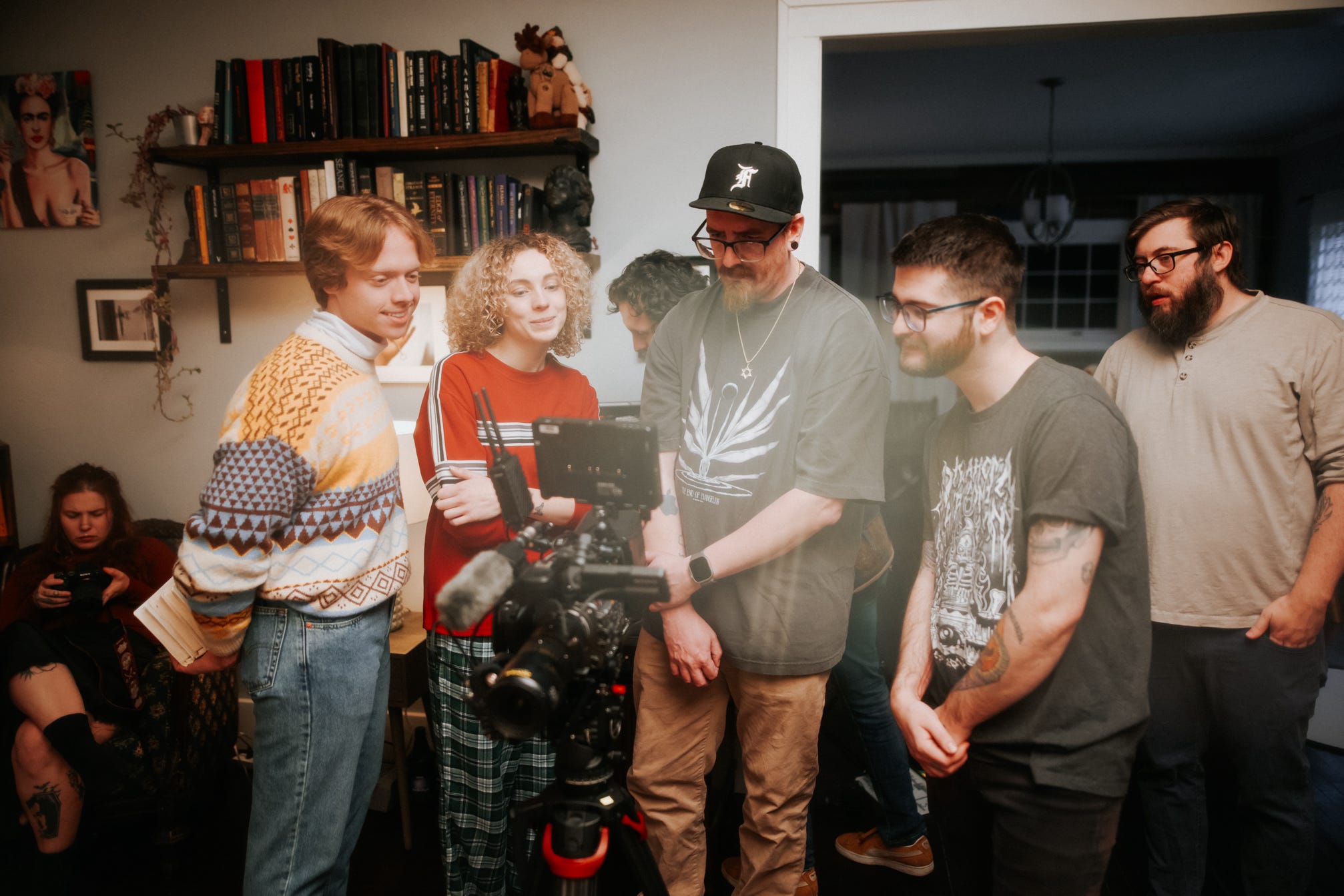
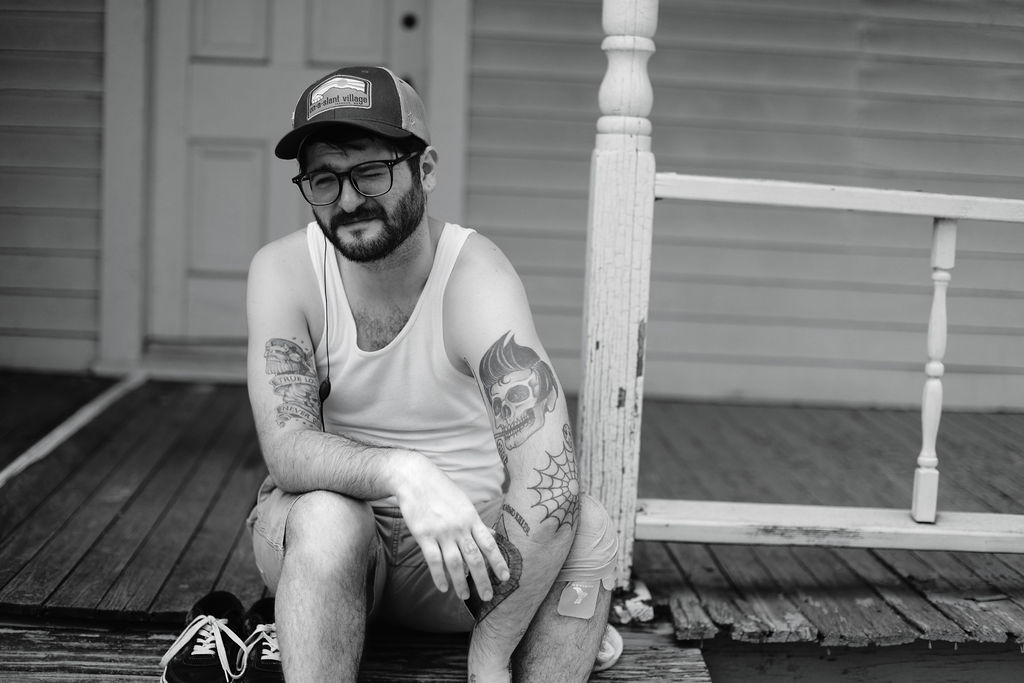
Awesome – so before we get into the rest of our questions, can you briefly introduce yourself to our readers.
My name is Dylan Cole Black, and I’m an independent filmmaker based in Oklahoma City, OK. My works largely live in the horror/thriller genre, where I find most of my inspiration. There’s a few scripts I have up my sleeve that aren’t horror films, but they’ve yet to get made. For now, I create stories of the strange and macabre.
I grew up watching film, always. One of my earliest memories of seeing a movie was in the back room of my grandparents house, watching KING KONG vs. GODZILLA (1962) and STAR WARS (1977) on VHS. I’ve been enamored by film as long as I’ve had memory, and I think my interest in thrillers/horror came from my early exposure to Alfred Hitchcock, whose films still greatly influences the work I do.
Dead End Film House took off when we decided to take film into our own hands. It’s never been more accessible for the everyman to make a movie than it is now. We learned through trial and error, and figured it out as we went. I’ve studied books and watched documentaries and consumed movies, but nothing taught me more about how to craft a good film than the act of making one– being in the trenches of a set, working long hours, troubleshooting, and capturing the beautiful moments as they happen.
One of the first bigger successes we had was our short film CALL GHOST in 2024. It’s a horror/comedy slasher film, greatly inspired by the 80’s and 90’s, taking cues from Scream to Slumber Party Massacre. CALL GHOST took off for us when it played at deadCenter Film Festival in the summer of ’24, followed by a nice festival run the rest of the year. It was our biggest production to date, and made the biggest splash we’d had yet.
We came off CALL GHOST feeling great, ready to dive into the next one. It was a psychological thriller/horror titled NEMESIS, inspired by works such as PSYCHO, THE HOUSE THAT JACK BUILT, and MANIAC. It is our longest short film we’ve made, but was also our longest production to date. Five core members on our team, all of us grown with families, it can be a challenge to pull everyone together for shoots sometimes. Despite MONTHS of setbacks, rescheduling, location mishaps, actor recasts, etc, we finished the film and are proud of the work we did. It’s a black & white thriller, completely unlike the works we’ve created before. Post-production wrapped a while back, and now it’s in the limbo of the festival circuit, waiting for yeses and nos.
Through CALL GHOST, we learned how to really work as a team and what our respective talents are. Through NEMESIS, we learned a lot about discipline, pushing through when it’s hard, and how to adapt to the situation you’re in.
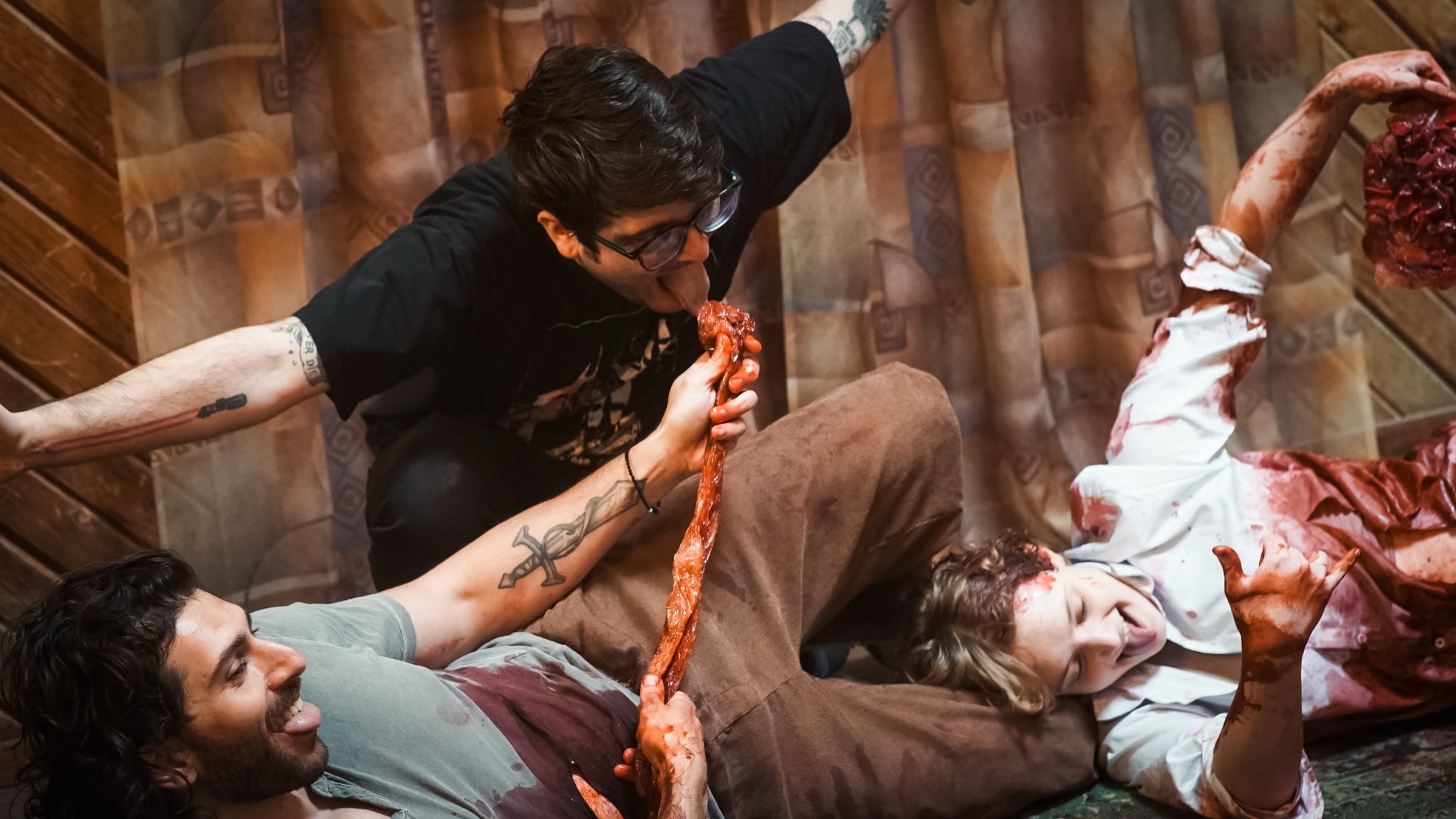
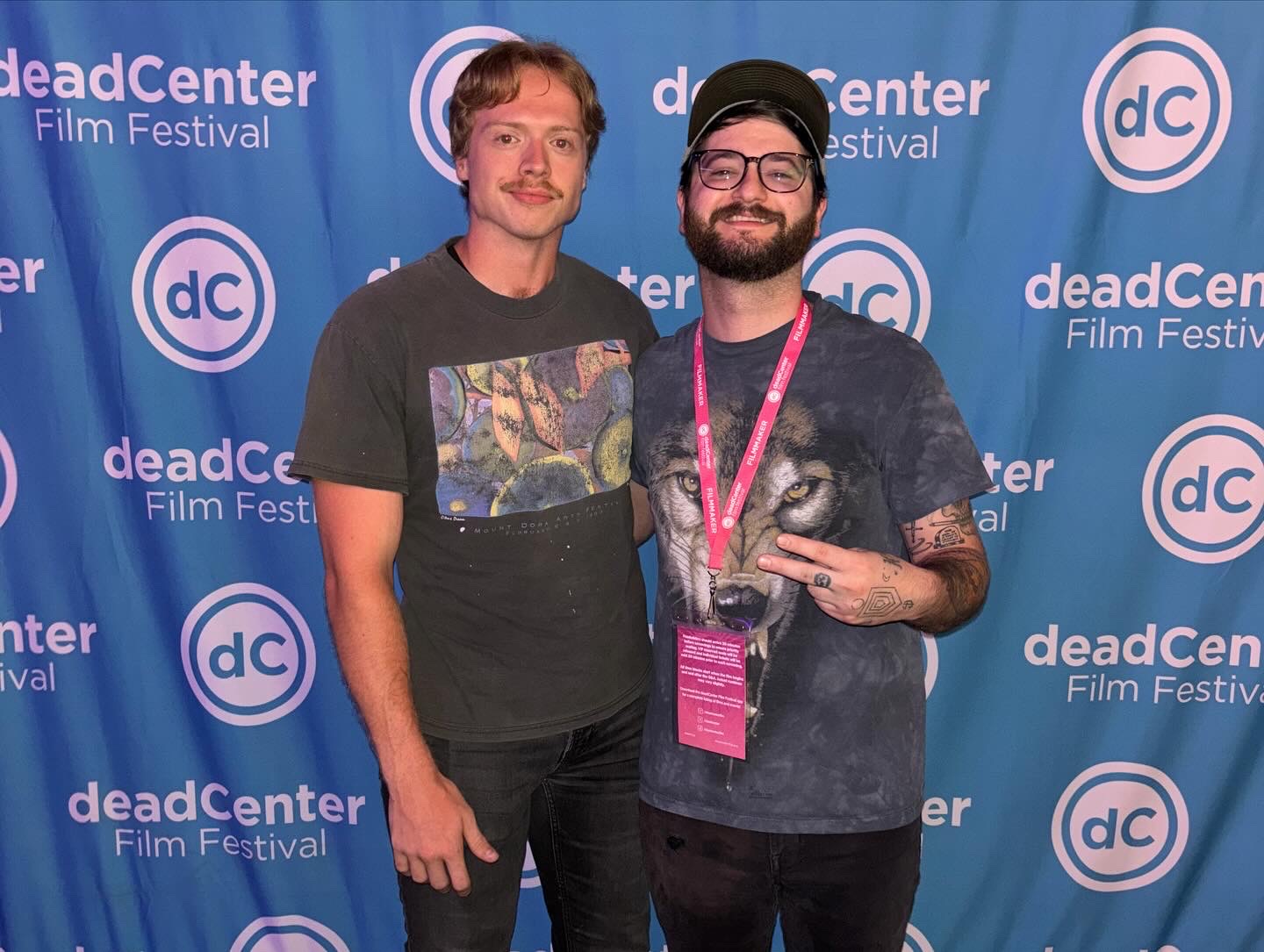
Is there a particular goal or mission driving your creative journey?
My goal is to tell stories. We’ve been telling them since the dawn of man, and we’ll tell them until the end. Stories are important. They teach us, they comfort us. Sometimes they scare us and make us uncomfortable. But most importantly, they live in all of us. Everyone is a storyteller, and my goal as a writer and filmmaker is to, not only tell stories of my own, but encourage everyone to find their inner storyteller. I believe the future of film isn’t in Hollywood, but it’s in independent filmmakers who are willing to go against the grain, tell unique stories that haven’t been told before, create images that haven’t been seen before. Filmmakers who are willing to roll up their sleeves and get their hands dirty, who are willing to pour blood, sweat, and tears into projects born from their hearts, are the future of film. I want people to see what I do, what my team does, what independent filmmakers across the world are doing right now, and say to themselves “I can do that, too.”
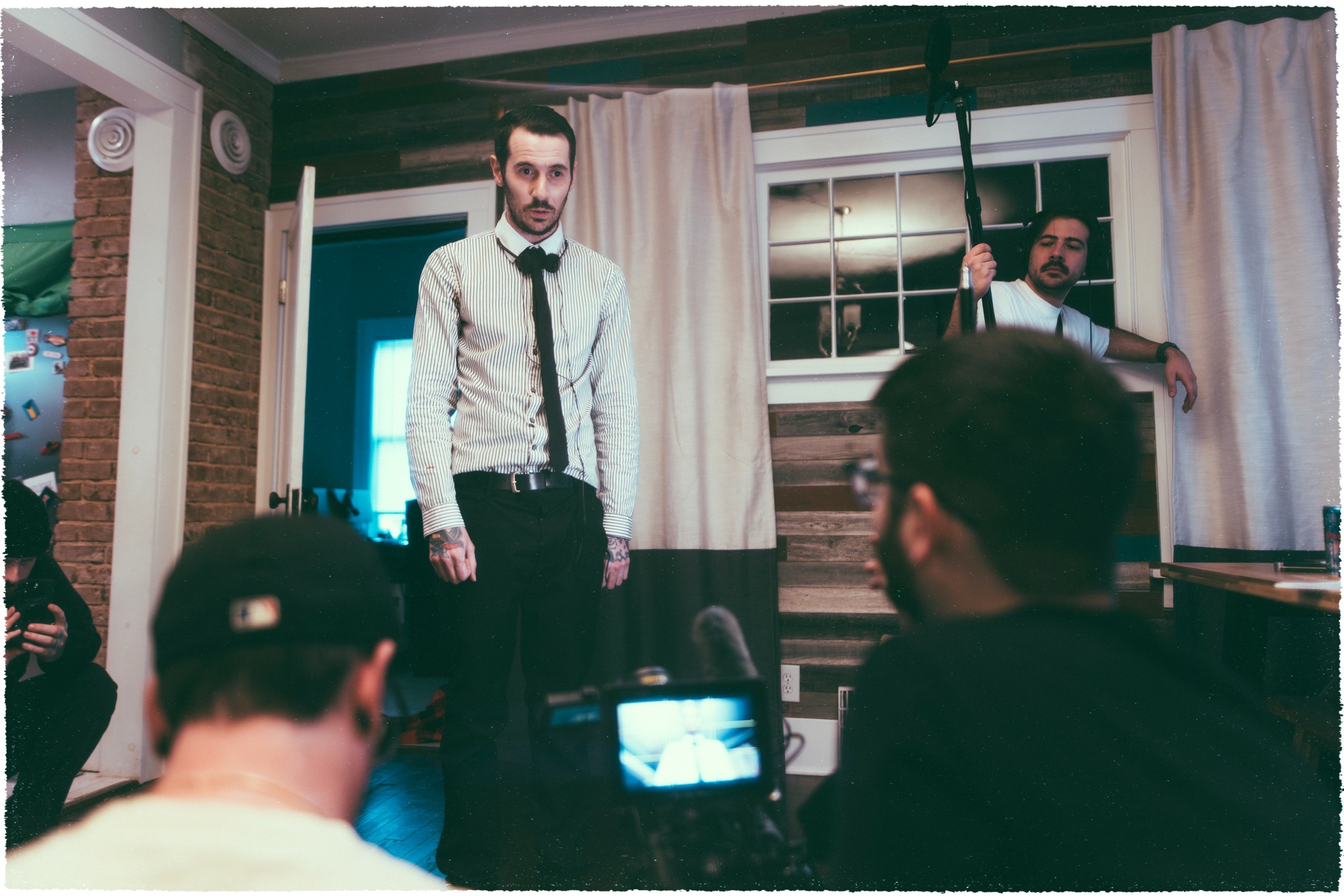
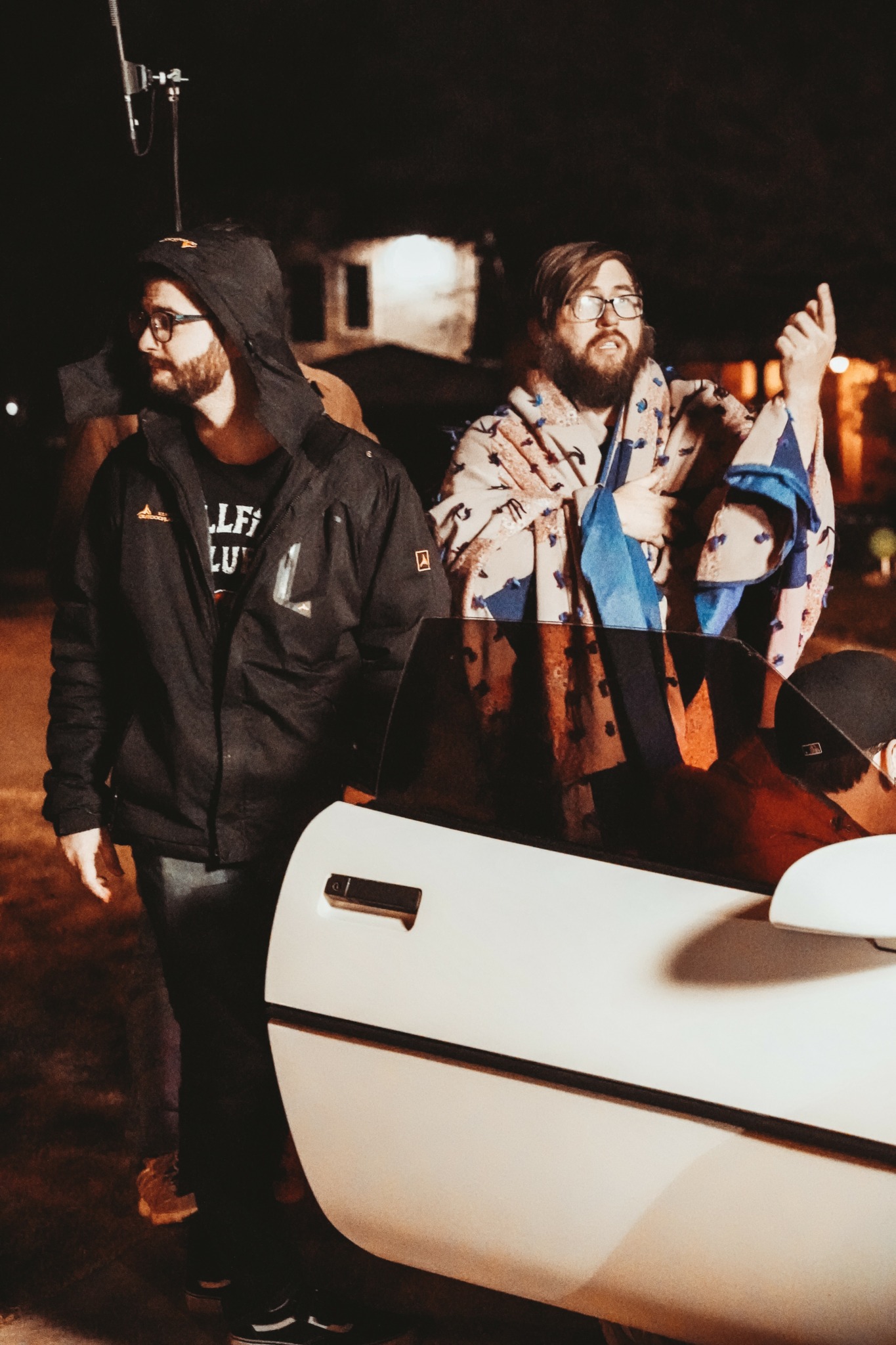
Is there something you think non-creatives will struggle to understand about your journey as a creative? Maybe you can provide some insight – you never know who might benefit from the enlightenment.
I think something that’s hard to understand until you’re in it, is how time-consuming filmmaking is. It’s not just the days you’re filming. It’s the MONTHS of writing and perfecting a script, it’s the months and weeks of pre-production and forming a team, the weeks of actual production, the months of post-production, and in the indie world, the year of gambling on whether or not your film will make it into festivals.
I liken film sets to construction sites a bit. Lots of people, all working different departments and with different assets, lots of walkies, an extremely tight schedule and long hours, and little margin for changes. It’s hours on end of hard work, but that hard work couldn’t be more fun and rewarding. It takes a village to make a movie.
Contact Info:
- Website: https://deadendfilmhouse.com
- Instagram: @dylancoleblack
- Facebook: Dylan Cole Black
- Youtube: https://www.youtube.com/c/DeadEndFilmHouse
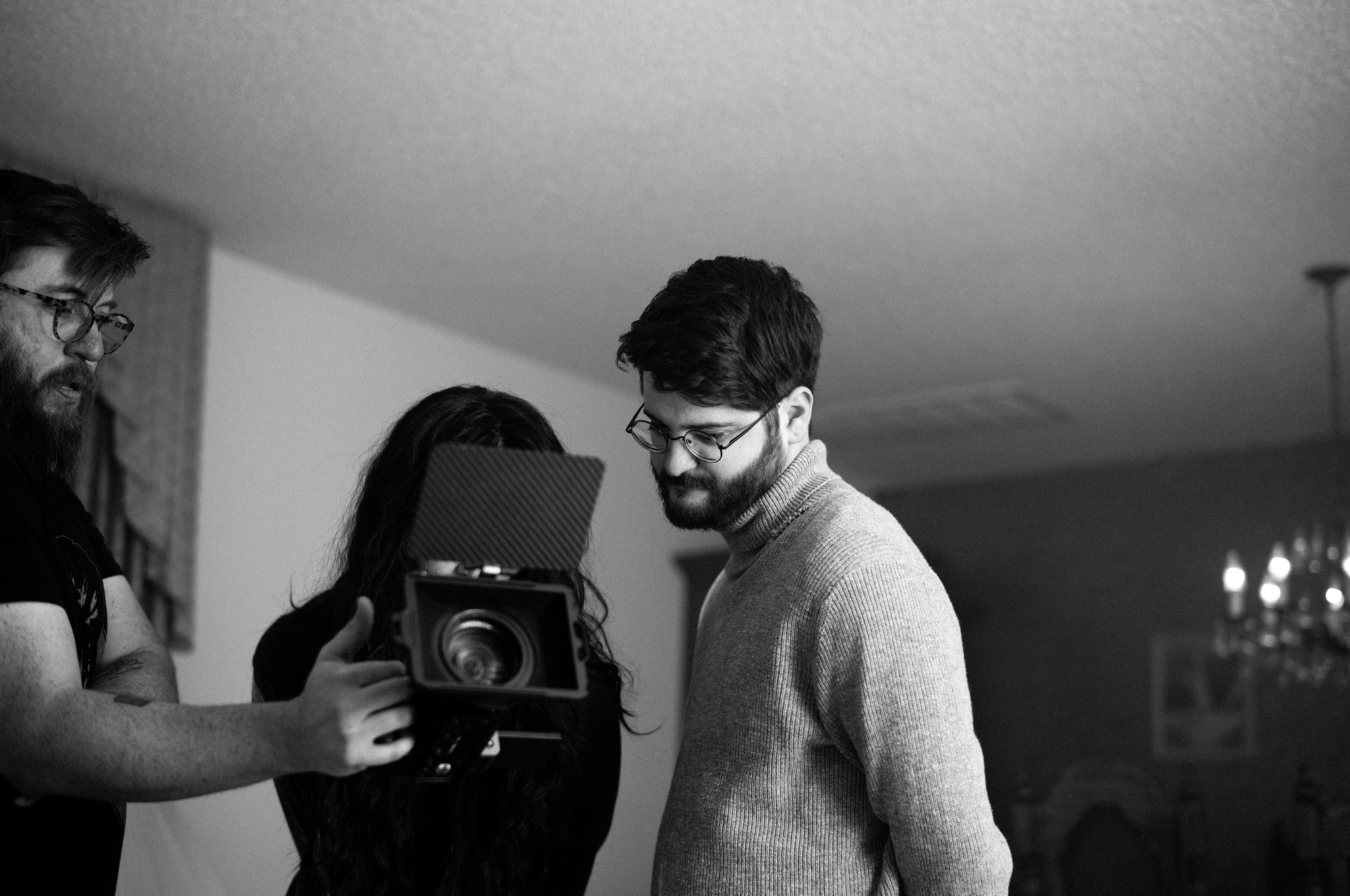
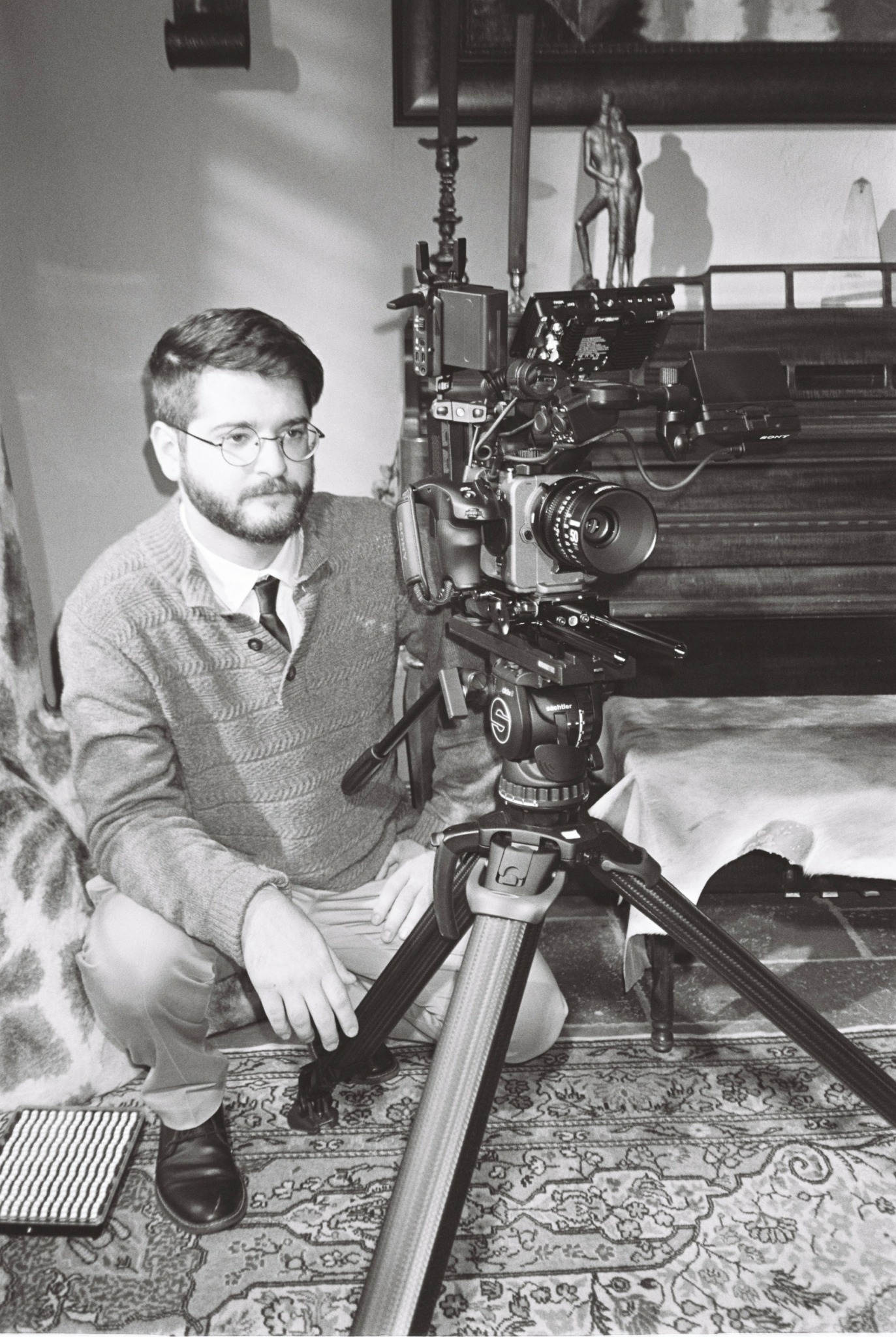
Image Credits
Kylr Coffman
John Hornbeck
Kyndal Capps


